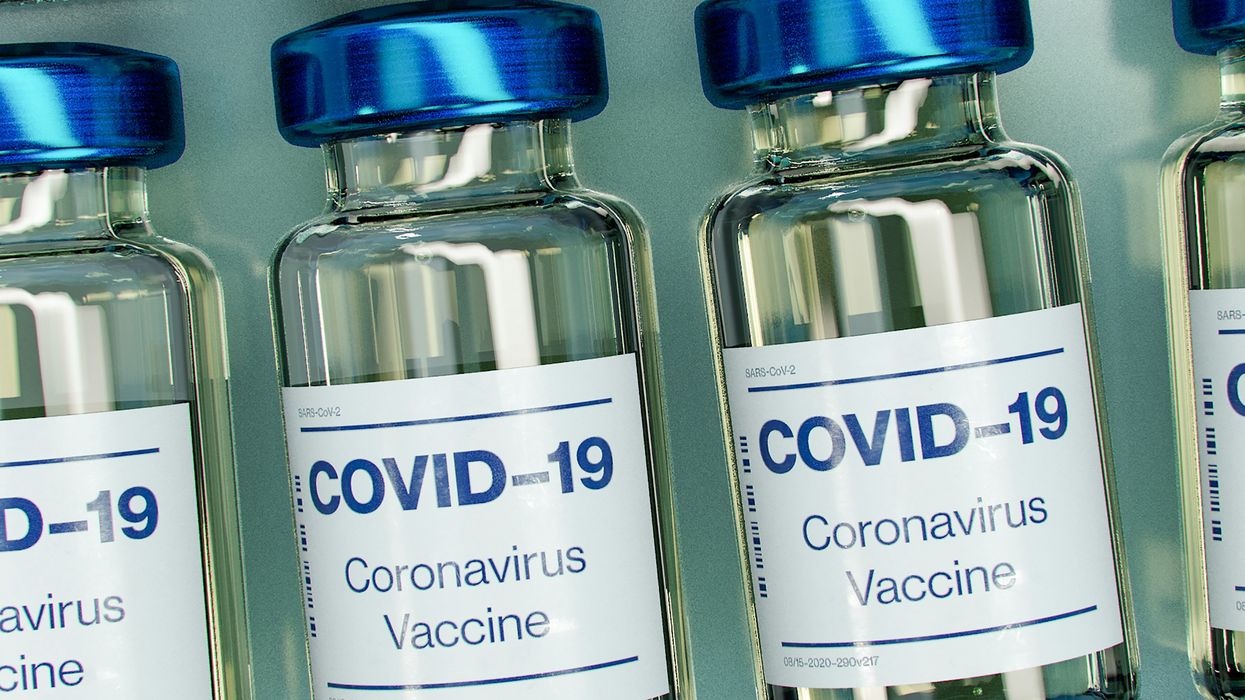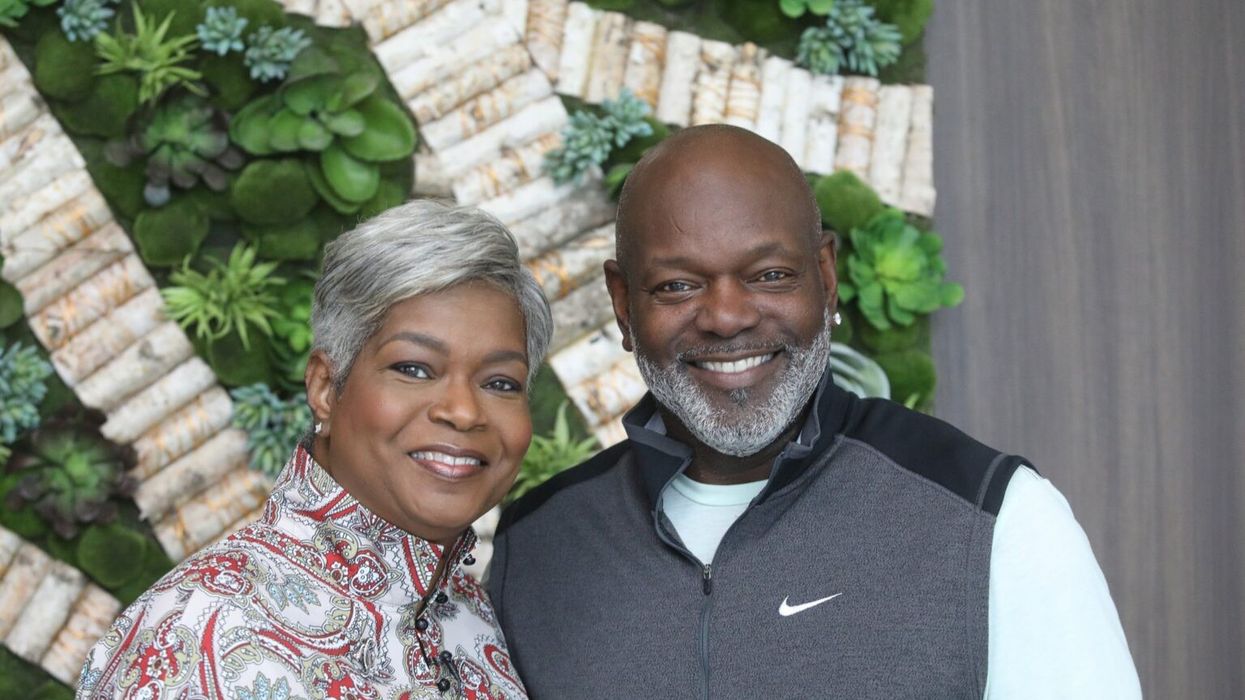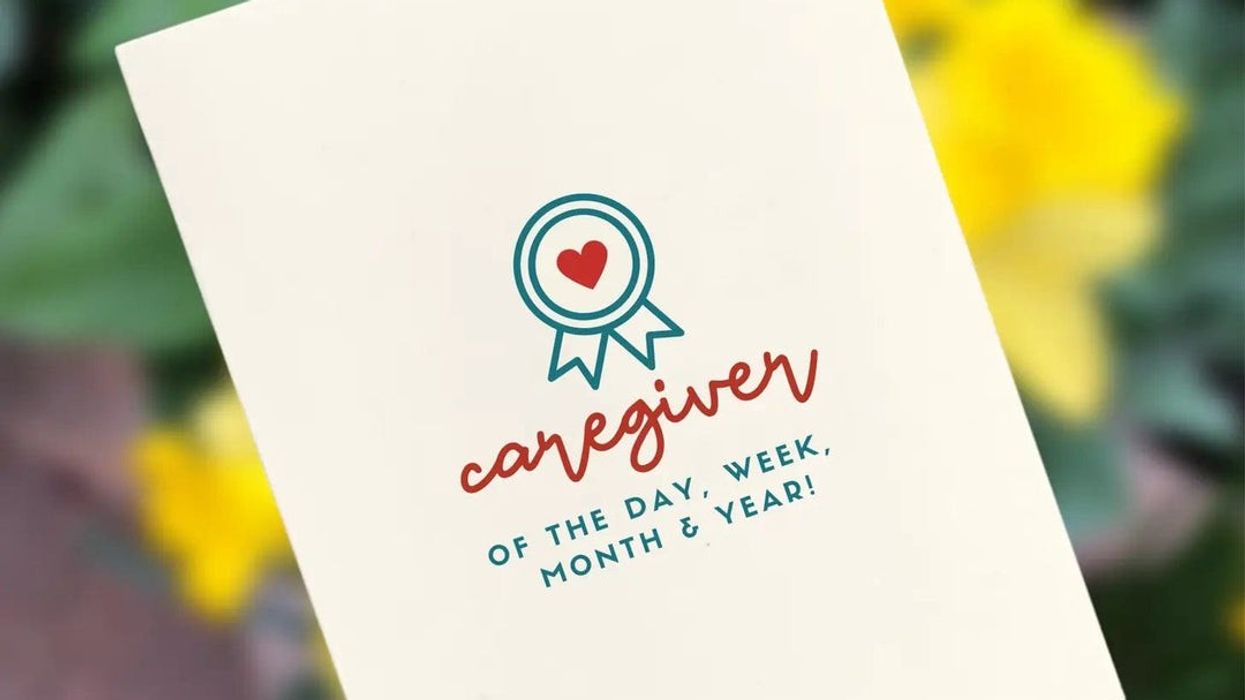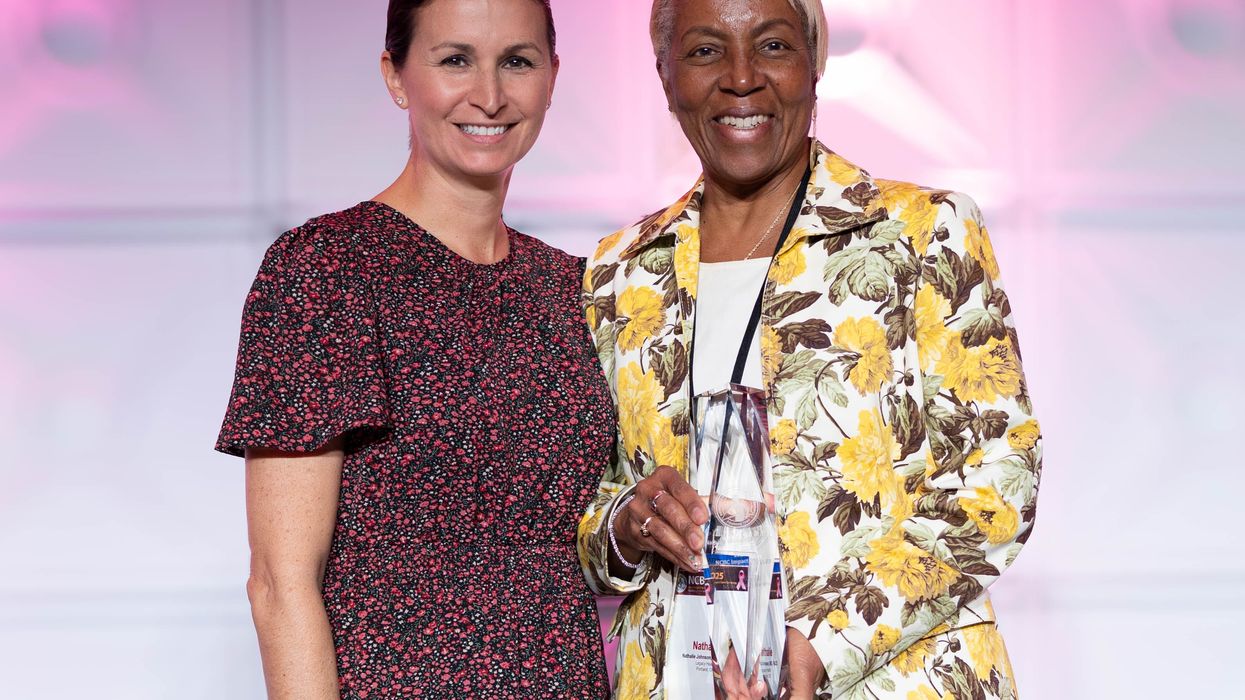The LB.1 variant, a new subvariant of COVID-19, has garnered significant attention due to its rapid spread and potential implications for public health. As of early July 2024, LB.1 accounts for approximately 17.5% of new COVID-19 cases in the United States, making it a notable variant in the ongoing pandemic landscape.
Origins and Characteristics
LB.1 is an offshoot of the Omicron variant, specifically descended from the JN.1 lineage, which has produced several subvariants since its identification in 2023. Researchers are particularly interested in LB.1 due to its unique mutation, known as S
, which may enhance its transmissibility and ability to evade immunity compared to other variants like KP.2 and FLiRT (Verywell Health) (Yale Medicine).
Current Impact and Health Implications
Despite its increased spread, there is no evidence to suggest that LB.1 causes more severe disease than previous variants. The Centers for Disease Control and Prevention (CDC) has reported that the symptoms associated with LB.1 are similar to those seen with other Omicron subvariants. However, the CDC continues to monitor the variant closely, given its potential to contribute to seasonal surges in COVID-19 cases (KFF Health News).
Testing and Treatment
Current rapid tests and treatments, such as the antiviral medication Paxlovid, remain effective against LB.1. Health experts emphasize the importance of vaccination, noting that while the updated vaccines expected this fall are designed to target other variants like KP.2, they should still provide sufficient protection against LB.1. Vaccination remains a crucial strategy, especially for high-risk groups such as older adults, pregnant individuals, and those with underlying health conditions (Verywell Health) (Yale Medicine).
Public Health Measures
Wastewater surveillance has proven to be a valuable tool in tracking the spread of LB.1 and other variants, offering early warnings of potential spikes in community transmission. Public health officials continue to advocate for vaccination, booster shots, and adaptive health strategies to manage the ongoing presence of COVID-19. Continuous vigilance and updated public health measures are essential to coexisting with the virus as it continues to mutate (Verywell Health) (Yale Medicine).
The emergence of the LB.1 variant underscores the evolving nature of the COVID-19 pandemic. While LB.1 does not appear to cause more severe illness, its increased transmissibility highlights the need for ongoing public health efforts, including vaccination and surveillance, to mitigate its impact. As the situation develops, staying informed and adhering to recommended health measures will be key to managing this new variant.
For further details and the latest updates on the LB.1 variant, you can visit sources like Verywell Health, Yale Medicine, and KFF Health News.










 Dr. Jay Harness, MD, FACS, founder of Cancer Fitness, believes that when a woman begins exercising after breast cancer, it marks the start of her personal reconstruction journey.
Dr. Jay Harness, MD, FACS, founder of Cancer Fitness, believes that when a woman begins exercising after breast cancer, it marks the start of her personal reconstruction journey.







